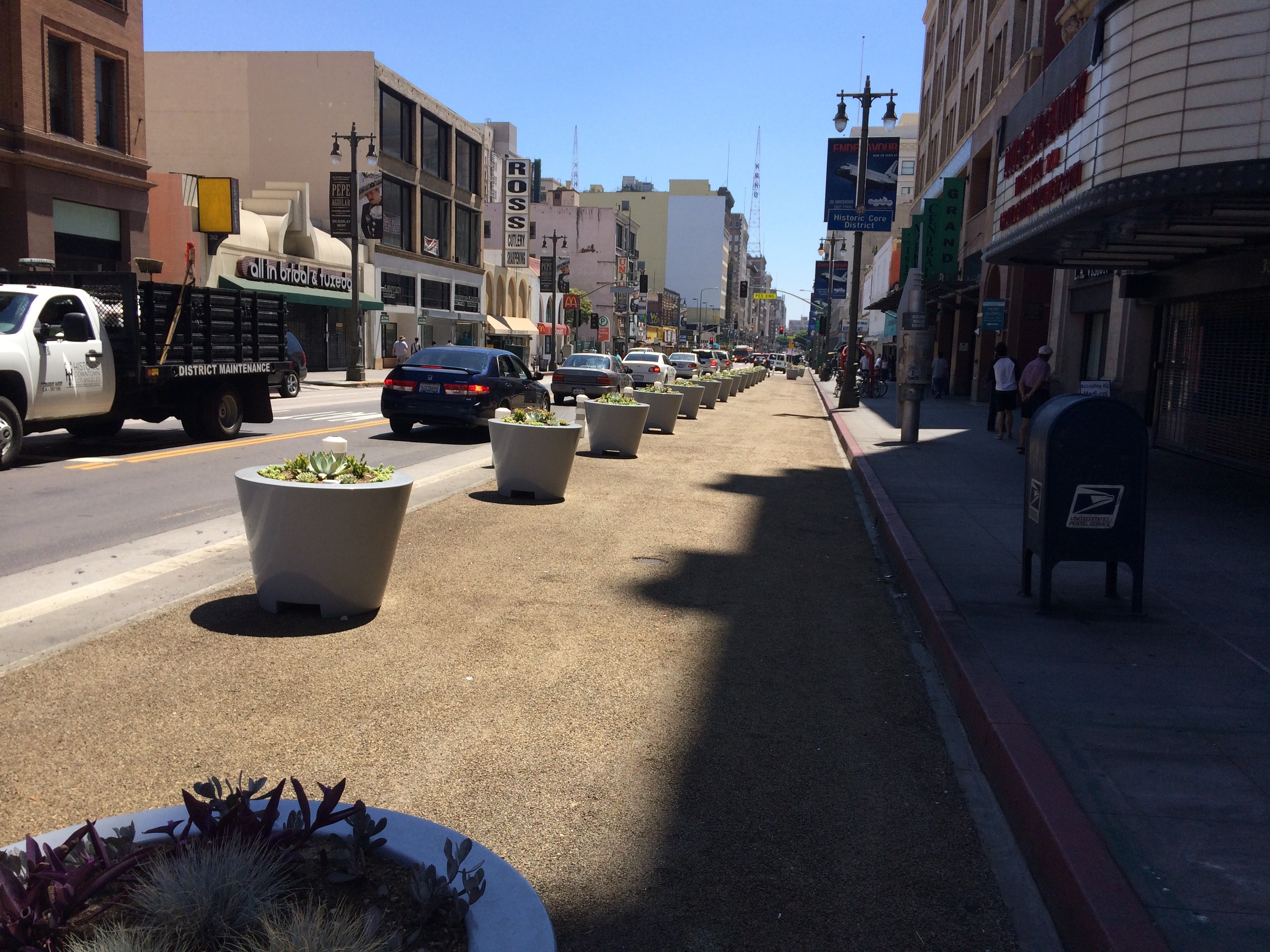Porous pavement is an extremely eco-friendly and affordable surfacing option for low-traffic, low-speed roads.
For major roadways and interstate highways, impermeable surfaces such as asphalt and concrete are typically the best available solution. Their strength and impenetrability do not, however, make them ideal for parking lots, driveways, or pedestrian walkways — in fact, their characteristics may prove detrimental. For paving these surfaces, porous pavements offer clear advantages over their rigid cousins.
1) Surface Water Management
The proper management of surface water is a priority for any town or community that’s subject to heavy rainfall. This precipitation can prove severely harmful in areas with a limited or insufficient storm drain infrastructure in place. When roads are paved with asphalt or concrete, the water cannot soak into the ground, resulting in significant runoff. Not only does this stormwater runoff cause dangerous flooding and the erosion of fragile ecosystems, it also often carries with it pollutants found in traditionally paved surfaces.
Porous pavement significantly reduces these risks by allowing the water to permeate the earth. With pervious materials, the runoff can be absorbed into the soil, constituting a natural cleaning process in its journey to replenish the groundwater supply and aquifers. With this natural cycle of renewal in place, the need for man-made irrigation systems for watering lawns and gardens is significantly reduced. And that’s great news, considering that water conservation has never been more important, as persistent droughts in places like California put an incredible strain on the environment, citizens, and their local infrastructures.
2) Local Heat Island Effects
An additional drawback of dark, impermeable pavements like asphalt is that they create distinct pockets of heat in developed areas. Called the heat island effect, these temperature disparities can significantly affect local communities and natural ecosystems. Porous pavements combat this effect by 1) allowing water to penetrate the pavement, and 2) utilizing the open pore structure of its system to absorb and store solar radiation, rather than releasing it into the air and driving up temperatures.
3) Aesthetic Superiority
Not only is there a greater (and better-looking) variety of permeable surfaces than of their impermeable counterparts — these porous pavements also foster more robust vegetation in the surrounding area. Grasses, trees, and shrubs thrive in areas paved with porous pavement, which provides easier access to water and carbon dioxide, as described above. These virtues make permeable pavements ideal for parking lots, driveways, and pedestrian walkways, where aesthetics and greenery may be important considerations.
4) A Greater Developable Area
On any given site destined for development, a substantial area must be dedicated to underground stormwater management systems. Porous pavement increases the effective developable area simply by reducing the need for massive drains and spill-offs, as permeable surfaces harness the earth’s natural ability to absorb and mitigate runoff.
Opting for the best porous pavements, whether for a private driveway or a commercial parking lot, both leverages the material’s inherent benefits and ensures long-lasting results. Midwest Industrial Supply’s Natural Paving systems — and particularly their GreenPave® soil stabilization technology — make use of alternative binders that work with the native materials to bolster their natural strength. With Midwest’s superior solutions and expert guidance, anyone can harness the unique benefits of porous pavement today.


